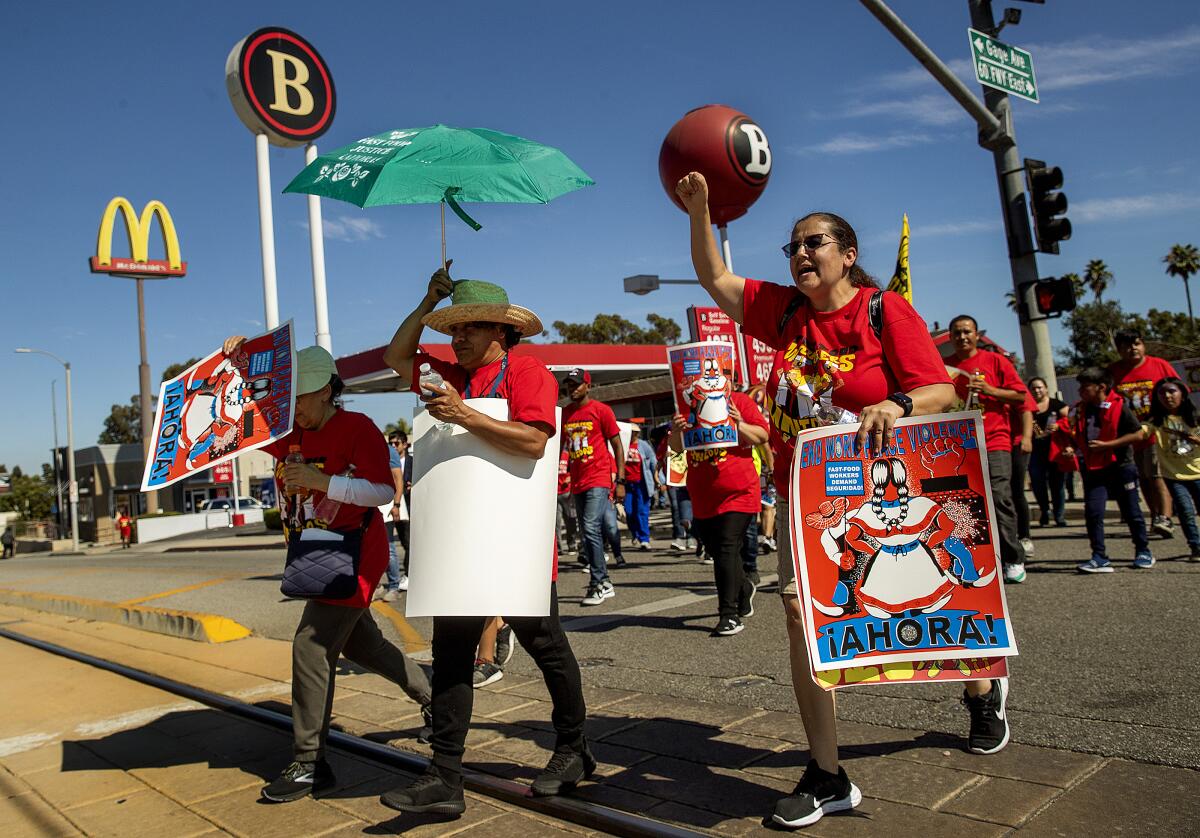"The recent data have clearly not given us greater confidence and instead indicate that it's likely to take longer than expected to achieve that confidence," Powell told a forum in Washington. Powell seems to maintain that the interest rate increases need time to act, and that until they do, it's unwise to make any confident declarations about when the interest rate cut-backs will come.
As many of us learned in class recently, in mid 2022 to early 2023, the Federal Reserve Chair Jerome Powell proposed hiking interest rates, with the Republican party backing him and consequently pressuring the U.S. Federal Reserve to do so. The cause of this proposition was the growing trend of inflation (caused by excessive federal government spending and the 2021 COVID-relief stimulus checks), and many Americans were concerned that this would cause unemployment rates to skyrocket. And even though these interest rate hikes catalyzed the "soft landing" that led to high praises of the Federal Reserve and Jerome Powell for their decision-making and recession prevention, the threat of these increases continuing into 2024 prompted a swift Democratic backlash.
Early this year, Democratic senators Elizabeth Warren, John Hickenlooper, Jacky Rosen, and Sheldon Whitehouse penned a letter to Fed Chair Powell imploring him to cease the interest rate hikes, as they had resulted in higher costs for homebuyers and renters. According to the Democrats, the rate increases had sparked a cataclysmic event in the housing market and tanked housing affordability, which majority of lower to middle class Americans did not want on the 2024 Bingo Card. Though they acknowledged that Powell vowed to keep the rates steady for the foreseeable future, they still maintained that rate cuts are a necessity and need to come as soon as possible, as the effects of the interest rate hikes are being felt tremendously by the American public.
Like many of the issues plaguing our country, however, this issue isn't entirely a question of the betterment of the American people, but rather the potential political issue it may present for the highly anticipated 2024 election for Democrats. Democrats fear that the event of a continued bout of rate increases would harm a Biden reelection. As ABC News states, the most recent Democratic presidential candidate to lose the presidential nomination when it came time for his reelection was Jimmy Carter, and he lost the presidency because of rate hikes at the Federal Reserve. For Democrats, now is not the ideal time for economic unrest, and the interest rate cuts could not possibly come sooner. The interest rate cuts would further decrease unemployment rates, and these economic improvements could be instrumental to Biden retaining his presidency.
Naturally, this means that it is in the best interest of the Republican party to make sure that these rate cuts do not happen before election day. Hence, former President Donald Trump, who is currently undergoing a felony fraud court case, took Powell to case in a Fox Business Network interview, calling him “political” for entertaining the idea of rate cuts, which he believes would advocate for a Biden presidency in the 2024 to 2028 term. For context, Powell was first nominated to be Fed chair by Donald Trump in 2017, but has fallen out of grace with him for being too independent of politics; Trump vows that if he is elected president once again, he will replace Powell when his term as chair ends in 2026. Powell maintains that “this independence both enables and requires us to make our monetary policy decisions without consideration of short-term political matters,” so it appears as though he (for the moment) won't be cowed into submission by Trump or the supportive sector of the Republican party.
For now it remains to be seen what will become of the promised rate cuts and what they will mean for the 2024 election, but they are certain to make for a flamboyant declaration of economic policy, regardless of who wins the presidency.
Sources:
https://abcnews.go.com/Business/interest-rate-cuts-2024-election/story?id=105752108
https://abcnews.go.com/Business/interest-rate-cuts-2024-election/story?id=105752108
https://www.reuters.com/markets/us/feds-powell-jefferson-square-restrictive-policy-with-strong-data-2024-04-16/
https://thehill.com/business/4435570-democratic-senators-call-on-fed-to-cut-interest-rates-over-high-housing-costs/
https://thehill.com/business/4513519-fed-chief-caught-in-partisan-battle-over-rate-cuts-as-election-looms/
https://apnews.com/article/federal-reserve-powell-inflation-economy-rates-jobs-f9c65fb1b8116168f825657bc5f5c117
https://www.wsj.com/economy/central-banking/powell-dials-back-expectations-on-rate-cuts-00e3e5d0
https://www.investopedia.com/us-economy-news-today-housing-starts-and-permits-nosedived-in-march-8634124


